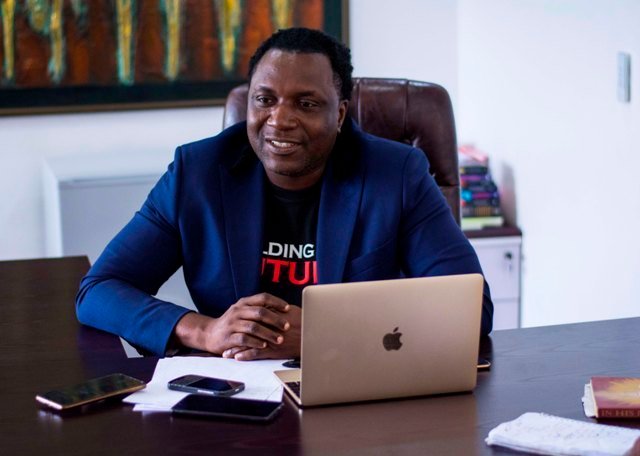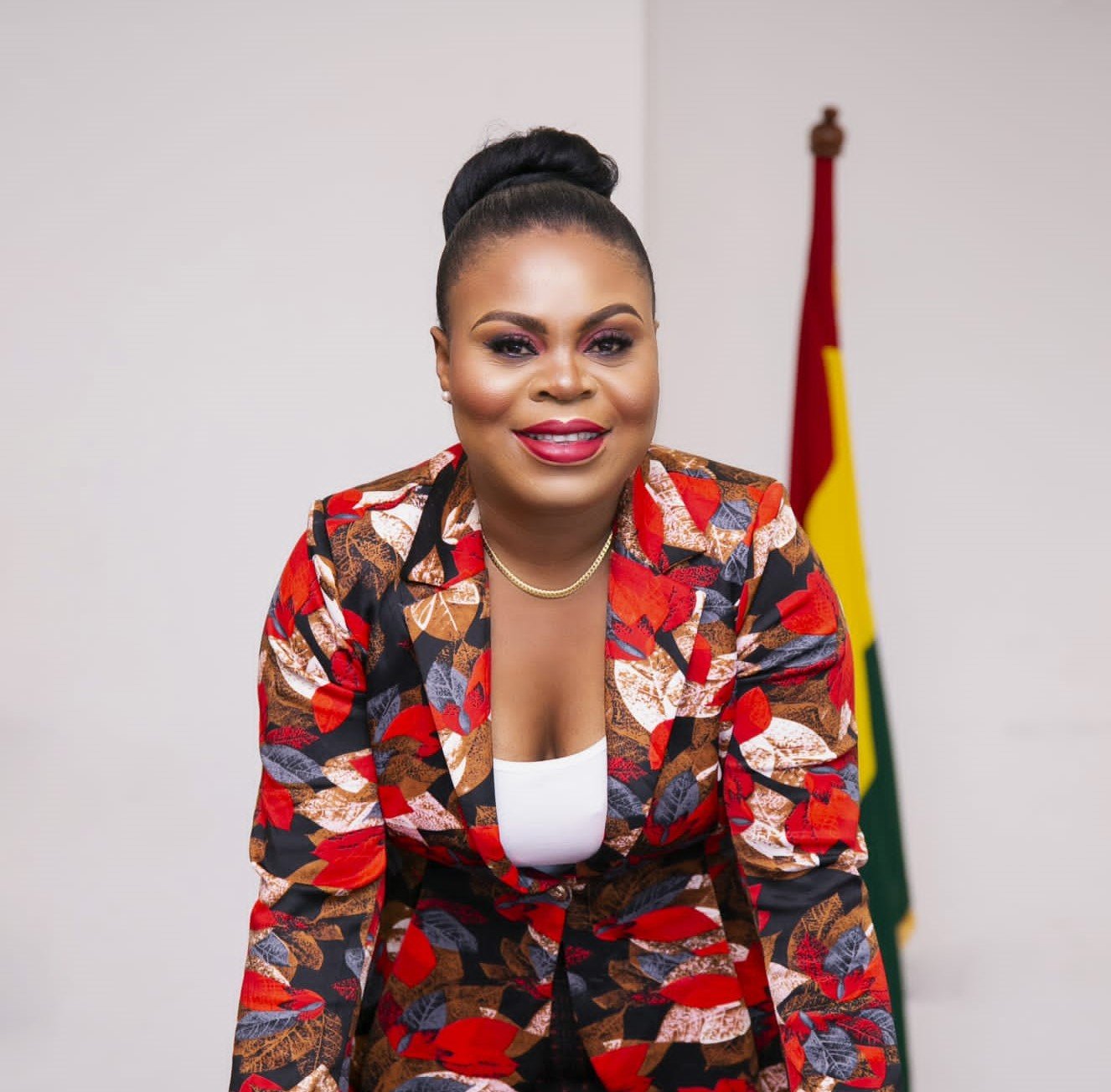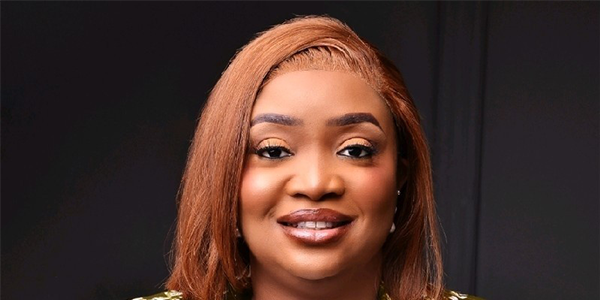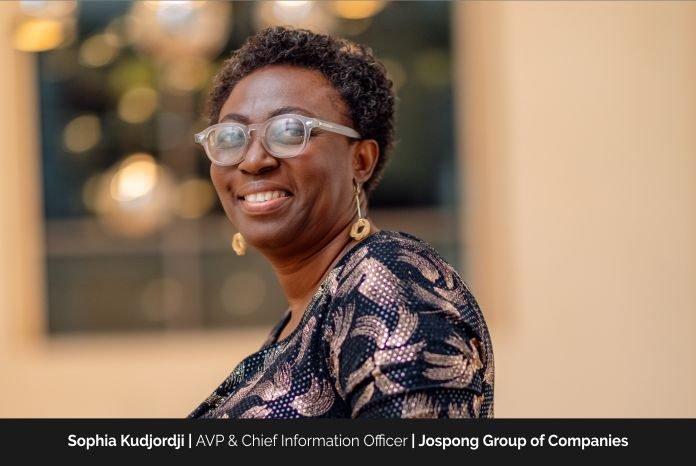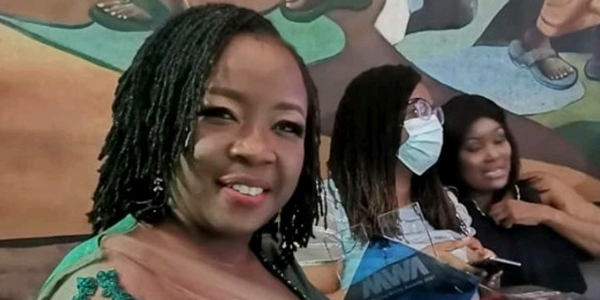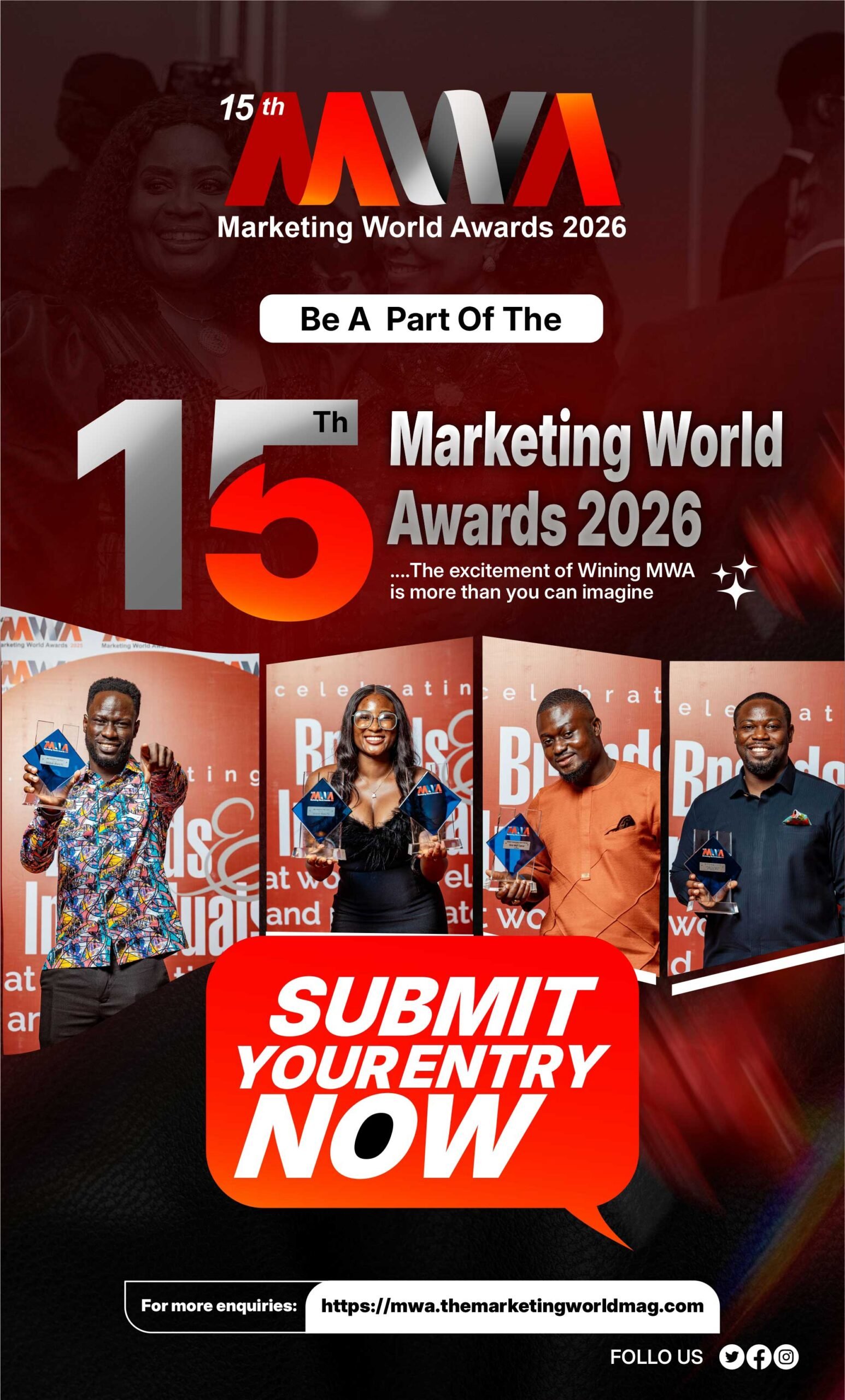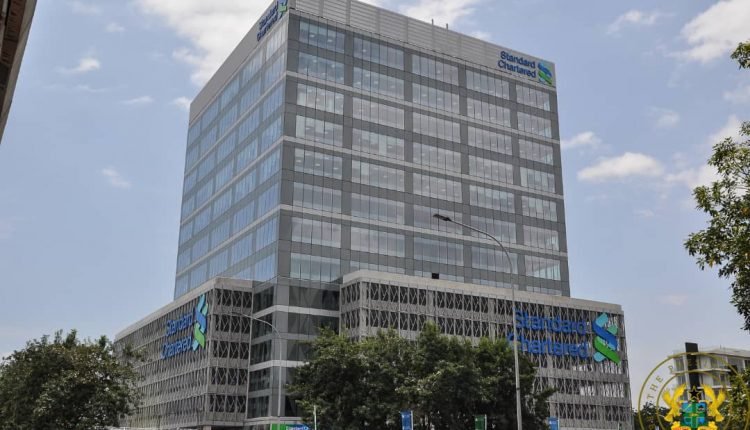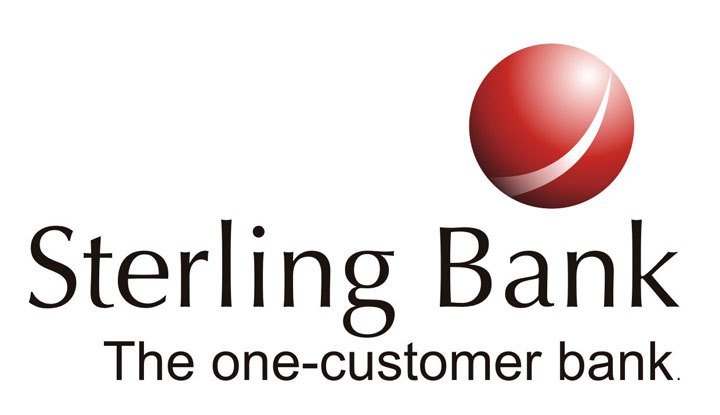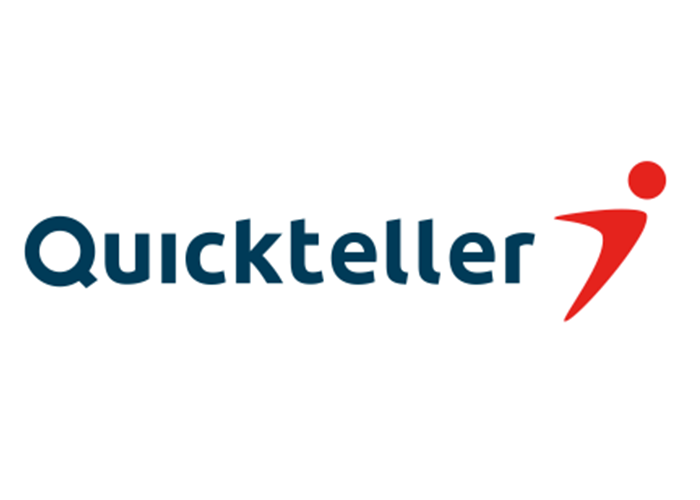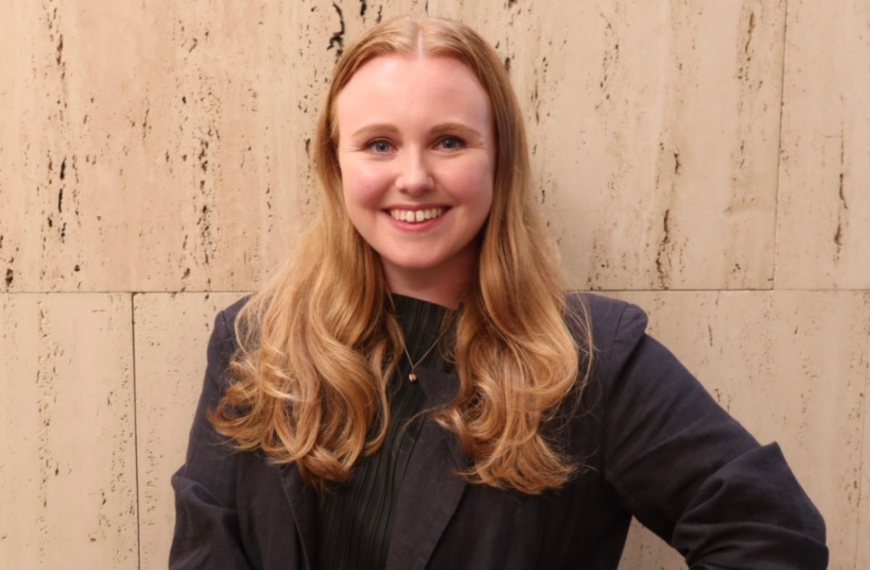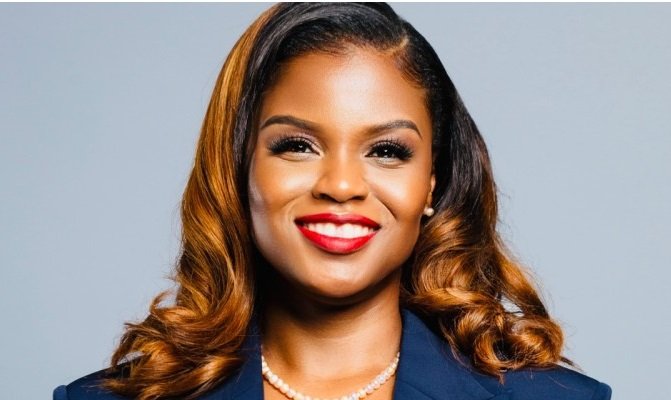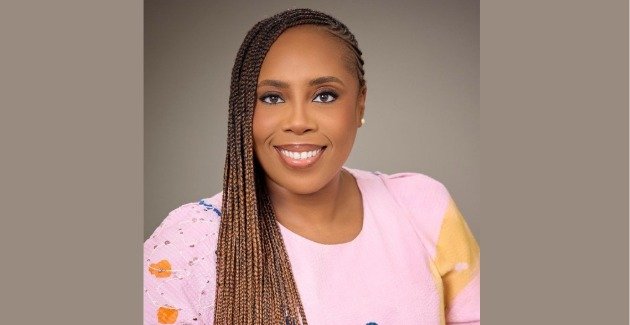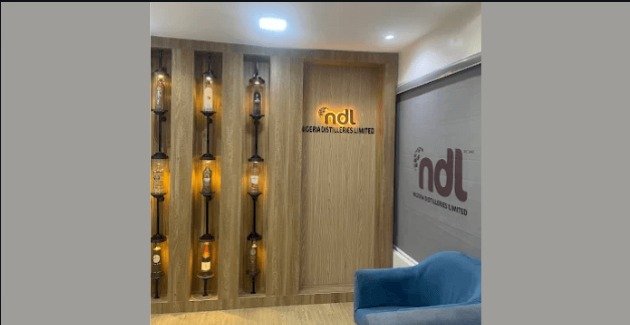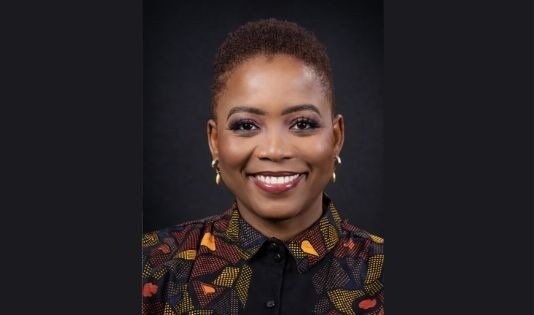
Realising the growing importance of Africa nay Nigeria in the creative world, Cannes Advertising Festival has created an opportunity for the “Authentic African Story” to be told to the world. Steve Babaeko, CEO, X3M Ideas, who also wears the caps of Vice President, Association of Advertising Agencies of Nigeria (AAAN) and Chairman, Lagos Advertising & Ideas Festival (LAIF) Organising Committee, is scheduled to be on stage as a speaker at the 2019 Cannes Festival in June. Babaeko features questions on the forth-coming world Cup of Advertising, projects a bit of his perspective on the Authentic African Story the world is yearning to hear plus other knotty industry issues. Excerpts.
There have been so many talks around Cannes Lion and Nigeria’s inability to win despite many years of participation by Nigerian agencies. What is your take on this?
Cannes Advertising Festival is a very competitive creativity award, it is like the World Cup of Advertising and you have the whole world contesting. Apart from South Africa, I don’t think there is an African country that has won there before. It took India many years to win their first Cannes Lion, and the same goes for Brazil. As an industry, we are not relenting; a lot of our agencies are advancing to flying the flag of Nigeria at the competition. Aside from this, Cannes Lion is a very expensive award to enter from this part of the world because you pay in Euros, mind you, we earn in Naira. The purchasing power of the Naira as it already puts the Nigerian agencies at a disadvantage. For agencies based in Europe, they probably would enter 50 works or more based on their currency as against most Nigerian agencies who could barely manage to enter just about five pieces of works and that is like spit in the ocean.
Apart from the issue of high cost of entries what other critical factors are responsible for the country’s current lackluster performance?
There are a lot of reasons in my opinion but may be purely personal because I do not have any empirical data to back up my position. I don’t think Africa is represented well enough in the judging. It means that the cultural nuances behind the works we feature as entries for the awards, are often lost on the mostly white European judges. In a bid not to say, “It is they versus us”, I think the packaging of our works could be better. Packaging the case film for awards is very critical to winning. In situations where our agencies have brilliant campaigns, putting together individual case film becomes the issue. Remember, these members of jury are going to see thousands of works. It means that if your case film does not come fully finished and well done, they don’t have the time for it. These are probably some of the reasons why we have not done so well at the Cannes Lions Festivals.
You are probably the first Nigerian agency head in recent time to be speaking at this global and world acclaimed Cannes Festival, tell us about that.
I am very excited to be going to Cannes this year on the invitation of the organisers as a speaker. I am going to be on the panel that will be talking about the “Authentic African Story”. I don’t know how many Nigerian CEOs have had the opportunities to speak at that level. I will not be speaking so much about X3M Ideas but the opportunity is to fly the flag of this country, I am very proud to be a Nigerian. I will be talking about what from my own perspective is the authentic African story. You can begin to see from the final creative outputs coming from several agencies sharing these with the world will be a great privilege.
Of what significance do you think, is this to the industry and continent?
The fact that we have an opportunity to speak for the continent on what is the Authentic African story is quite huge for us. The stage is bigger than Nigeria. We need to give Africa a voice; the continent is doing so well. Our continent is very significant on the planet; the youth population is so huge and strong. While other continents have their youth population depleting, ours is on the upswing – about 1.2billion people! With all of the arable farmlands we have, somebody has to be telling the story and we feel privileged to be in a place we can actually share that story.
Over the years, the Western media have told only three stories about Africa- poverty, disease, and war. That is what they find exciting about us! Psychologically, I think they feel better about themselves when they say, “Africa is poor and needs to be helped”.

Africa has grown beyond this. Our theatre, music, fashion and we have some of the most brilliant minds in every area of human endeavours making impacts globally among others; we need to tell the story to the world. I will be on the panel with Omotola Jalade Ekeinde, Anan Singh and some other gentlemen. That’s why we feel privileged to be where we can actually share these authentic African stories with the world.
What is your perspective of the authentic African Story as you are likely to share with the world?
The authentic African story is in the people, the culture, in the stories that have been told to us from generations to generations. That is why you see the culture shock that these expatriates get when they come here. Some of the things that would shock them are things we’ve lived with all our lives, they are what make our heartbeats any day. So there is that uniqueness about being Africans, no matter where you come from. You can see it in our folklores, music, fashion, food, in the way we treat and greet each other – salutations for everything that happens under the sun and so on. There is no any other place where you find any of those nuances of human behaviour that we have.
Today, African music is the hottest new thing happening in the global community, how did we get there? It took a process. That process, that culture and the whole bundle of all of those things, I think is what captures the authentic African story.
How do you expect the authentic African story to reflect in our advertising and brands?
You see these in our advertising already. All of those things that make Nigerian advertising tick these days, are displayed in some of the big commercials that are conceptually driven. These are the ones that capture the essence of our “Nigerianess”, people are able to connect more with them. Consistently, the industry is being challenged by the discerning clients, – ‘You have to tell us more of these stories’. And those stories are not just mere stories, they encapsulate values of our heritage, our being and I think we are constantly rising up to the challenge of using those stories as raw materials to sell the clients’ brands.
As CEO, what do you think gives X3M Ideas this edge, to be invited to speak on such a global platform?
We have our track record in trying to bridge the gap across the continent. Earlier last year, we went to South Central Africa where we set up shops in both Johannesburg and Lusaka. We are actually looking forward to going forward and bridge the gap. We are Africans and we need to do business with one another. As X3M Ideas, we have been in the vanguard pushing for that African agenda. If Nigerian and South African can please, put their acts together and sign the African Continental Free Trade Area (AfCFTA) agreement, it will be a big lift for the continent going forward and doing business together. Personally, I have been a big champion for the continent. I am sure it may not be unconnected with some of the activities they’ve seen us do.
How do you manage your business in South Africa considering the Xenophobic attacks and also the fact that the South African economy is on a decline?
When it comes to business, it’s a good time to operate in South Africa. It’s all about the rules, even in Nigeria, you abide by the rules. As a responsible corporate citizen, the most important thing is to follow the rules of engagement there. Any challenge you face is in line of doing business. It is even in cooperating with ourselves by doing business that we can actually reduce all of the adverse effects of xenophobia. Once we remove all the hate and the outrage that we feel towards each other, it’s just two people talking and exchanging ideas and values. I will look more at the positive side than the negative side.
One can feel your passion for discussing doing business with other African countries, what is the motivation that fuels your continental drive?
The rate of intra-continental trade is lowest among Africans, and this continent is not going to grow unless as a people we decided to take our destiny in our hands and shatter all the barriers to communicate with each other, do business together, create values and erect platforms that will lift our people out of poverty. Nigeria in the last two years has suddenly become the poverty capital of the world, and how are we going to pull our people out of this? If we go to South Africa and Lusaka, how are we able to give our brothers and sisters the opportunities to earn a living and get more skills? If we had more money, those are the kind of big ideas we are set out to achieve. It’s bigger than us actually but someone has to do it! If this continent occupies its true position in the committee of continents, you will find more people bringing their skills and values to the continent, but we have to be in the driver’s seat of our own destiny.
Are you making that much money from your continental expansion drive?
It is not even about making money yet. If you have been in business for about a year, you need to give it time for businesses to grow. Business is like human being; a child is born, you nurture it, starts school and so on. It can’t just be just about making but exchanging values. We are in that value stage now, where we are trying to see how much value we can transfer and in exchange for the value we bring to the table for us to earn.
What can the Nigerian agencies do differently to compete on a global stage?
We are getting there. A lot of the new generation agencies are getting it right, the way we did things in the past cannot continue. So we look at what kind of new ideas to bring to the table. This is what is driving these new agencies to think out of the box and do things differently. There is no local agency anymore because any corner you stay in the world and do business, you are global. Everybody is connected to you in real time in that digital space where you expose your ideas. That is why the New York Advertising Festival (NYAF) would invite me or call any other Nigerian to come be on the Jury for the NYAF, which is one of the oldest advertising festivals in the world. All they need to do is to Google up “top agencies” or “advertising creative in Nigeria” and the names would pop up if you are doing the right things. I think Nigeria is at the center of the action; we are the next big thing to happen on the continent. The clients are beginning to see that we have to tell our real African stories; our stories as cultural narratives.
Talking about the creative industry and business, where does Nigeria stand in your own rating?
I think at the centre of the action. We are the next big thing to happen on the continent as far as advertising is concerned. Why do I say this? If I go to all of the regional awards like- Loeries (we have not done too well here though), If I go to Cristal –I had the privilege of being in the jury of both awards. We are holding our own against the North Africans. Agencies in Egypt and Morocco are doing very fantastic works. If Nigerian agencies can go there and one or us emerges “Agency of the Year” continent wise and X3M Ideas won about 20 awards last year, I think we are doing well.
You have been on the NYAF jury three times, also featured in Cristal and Loerie awards as judges, what’s your greatest take away from these annual events?
The quality of the organization of the awards especially the NYAF tells me it does not have to be a huge set up to have a decent and credible award. It’s an opportunity to learn and see what the rest of the world is doing. Sometimes, you may be lost being a bubble thinking that we are good here until you begin to see works from other climes. I feel it’s a great thing for me to go there participate and interact with others judges and be able to go through other people’s works.
Is there a quality control mechanism that can ensure these Nigerian works (campaigns) go out there as entries and win laurels?
Every agency must set up that quality control mechanism internally. And as an industry, the Advertising Practitioners Council of Nigeria (APCON) is there as a regulator. It must, however, be pointed out to the government the damage it is doing to this industry by not having an APCON council in place, constituted as stipulated in the Nigerian law. It is endangering the livelihood of the people. We need to treat this with the urgency it requires. People forget that the importance of advertising goes beyond an industry where people earn their livelihood. The advertising industry is like the custodian of our culture, values, and heritage, we cannot afford to have that place become rudderless without anybody who is steering the ship of the industry. Take for example, because there is no APCON registrar, no council, people advertise whatever they like on digital media, making all sorts of ridiculous claims and endangering the lives of citizens. This has to stop forthwith.
What is the greatest challenge of advertising in Nigeria?
Apart from the APCON issue which for me is a big challenge, the other is economy. The economy as a whole is a major challenge. This year, for instance, we are only going to do business for six months. The elections period have disrupted the first quarter; so most agencies are still chasing the numbers for the first quarter. Until May 29 when the government is finally sworn in, not much of business is going to happen. That is a huge challenge because it means business will actually start counting from June! Another challenge is getting new talents for the job. Because the economy is not doing well; the right kind of investment has not been made on education, the graduates are unemployable. We cannot have the number of the youth population and let this situation continue unaddressed; it is a big risk we are taking as a country.
Do you still believe in Mergers?
Mergers‘, definitely the next big thing to do. I always use the example of banks. In the banking and other top sectors of the economy, they do it every time. They come together and say “How do we make our brands stronger?” Two banks just did that. The thing is that in our industry we must do it, it’s something that must happen. We have to consolidate all our skills and strengths to bring about bigger and stronger entities
